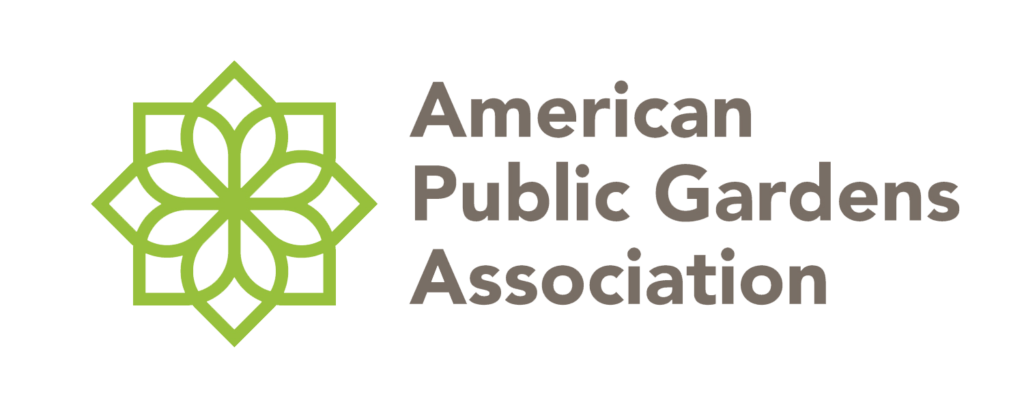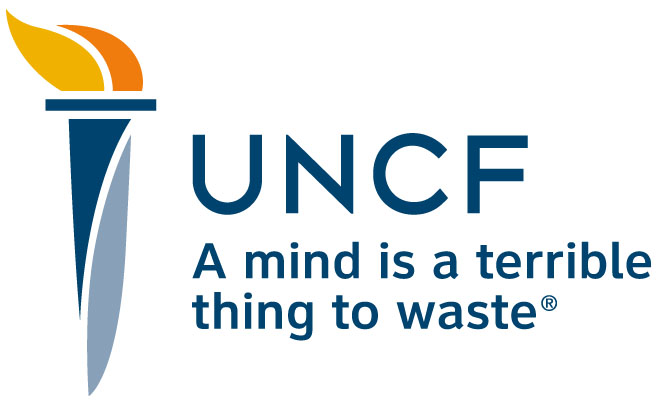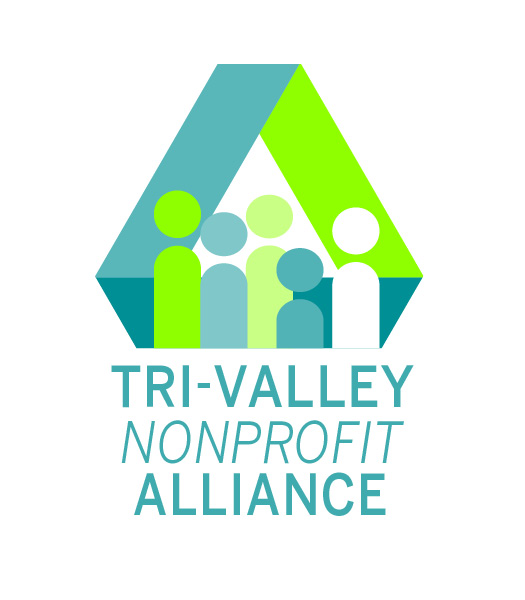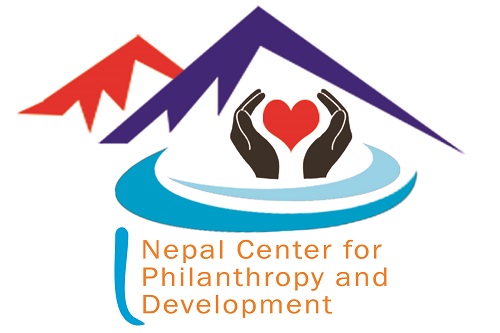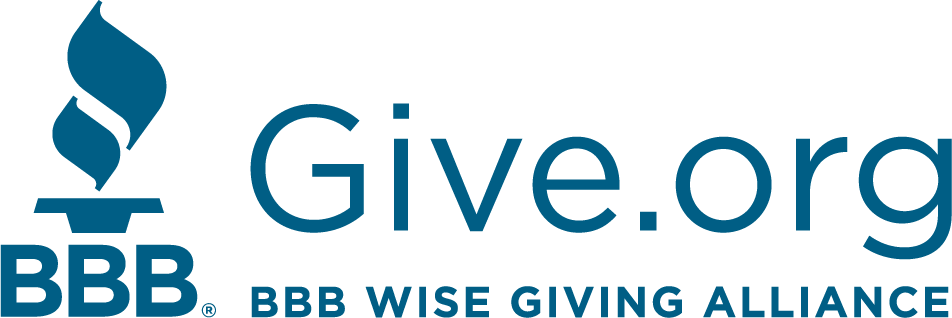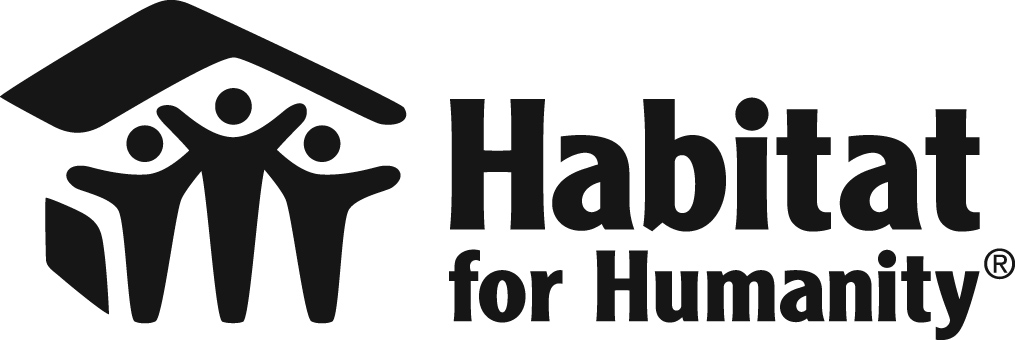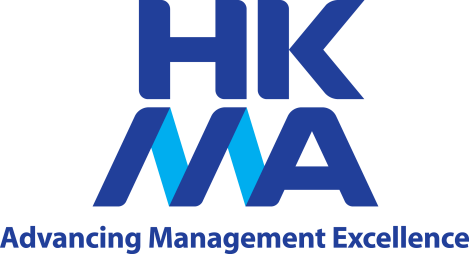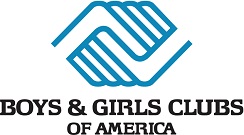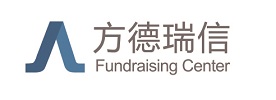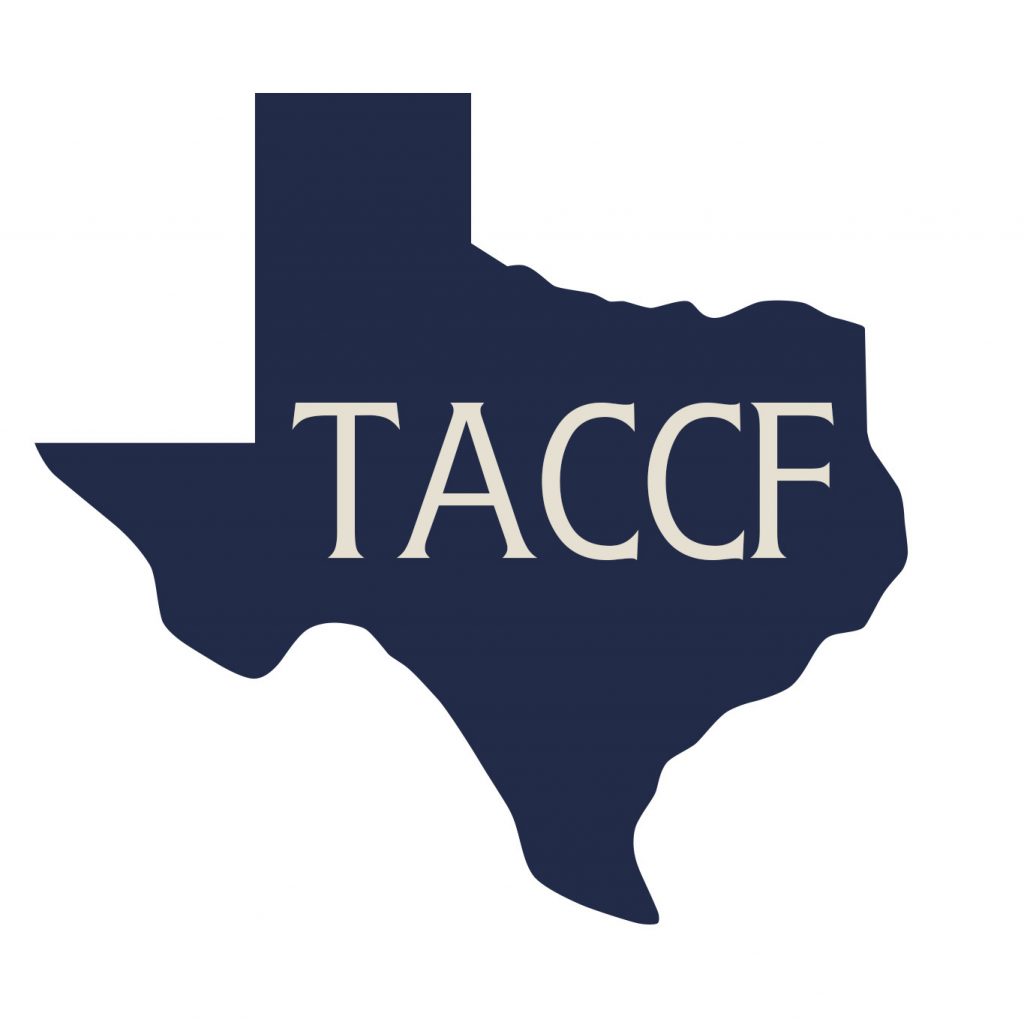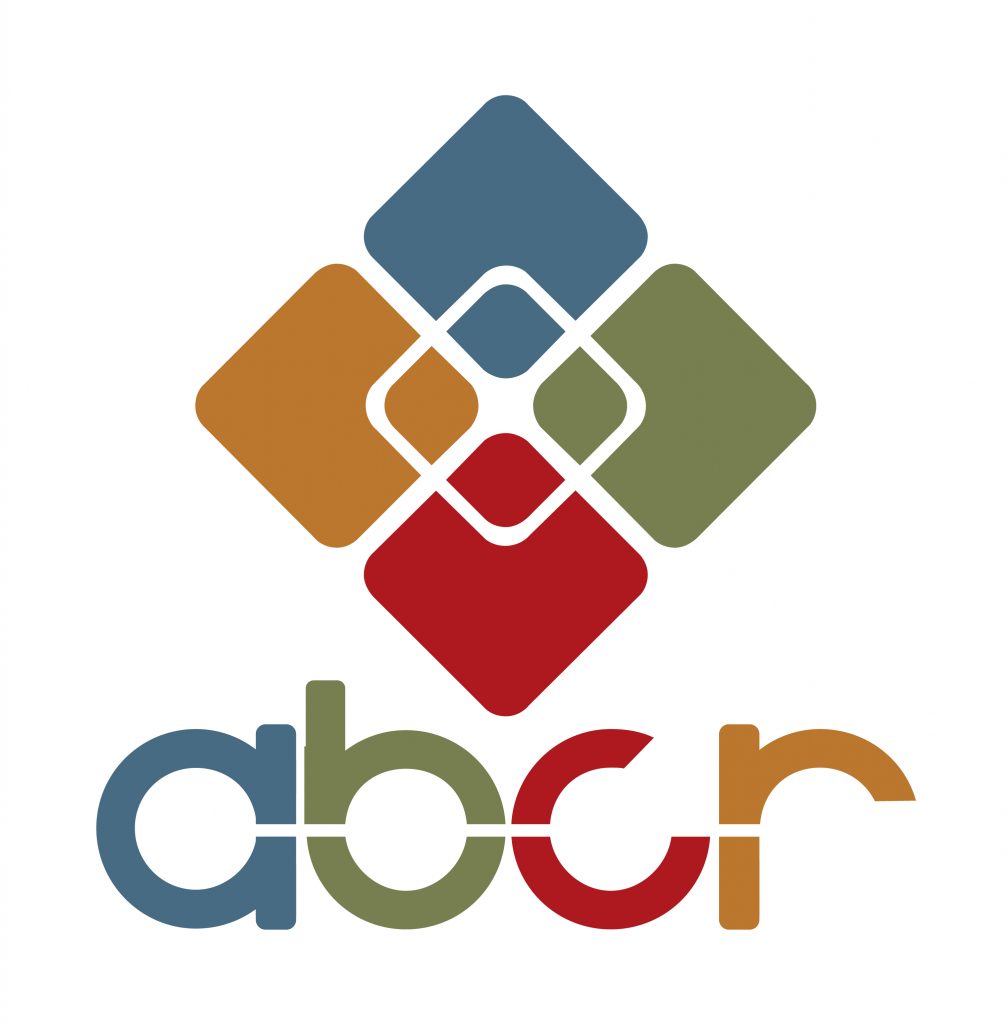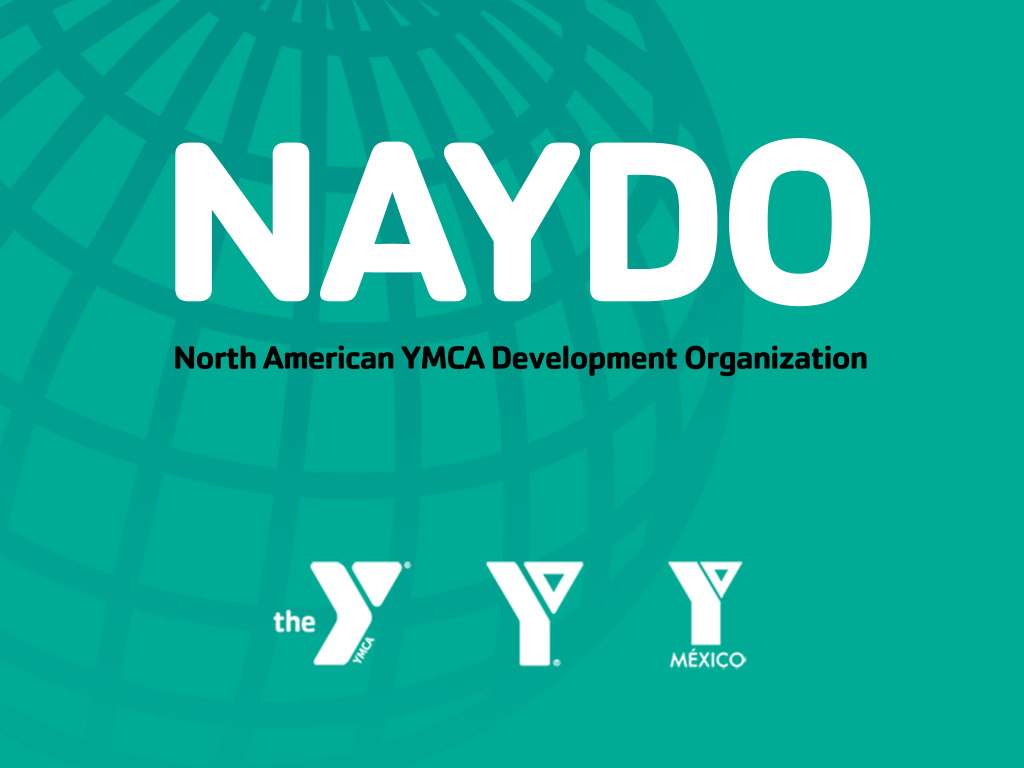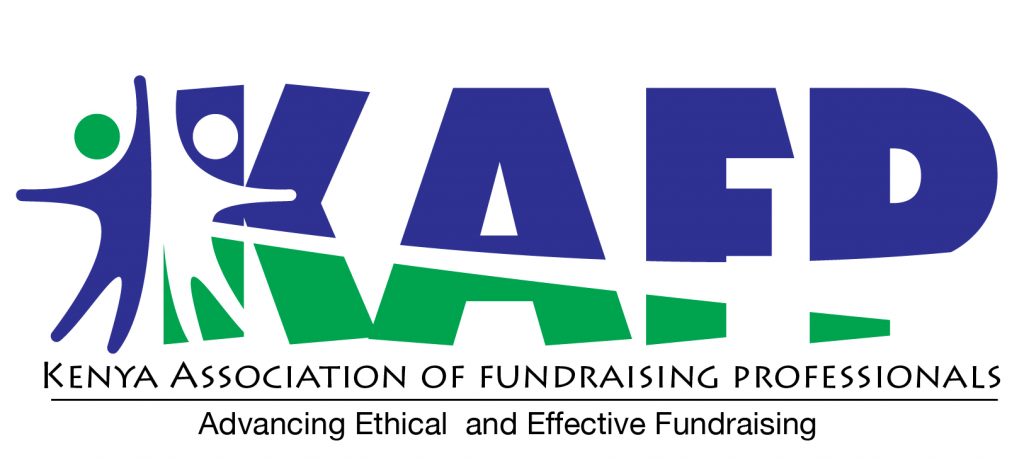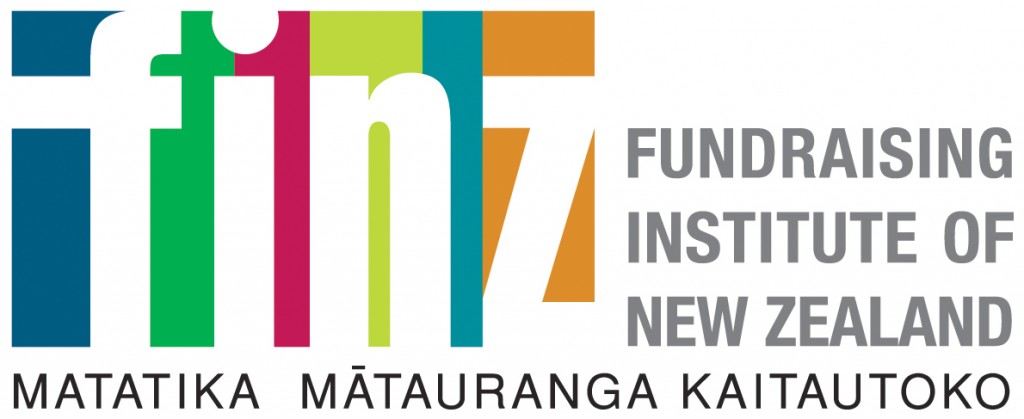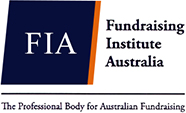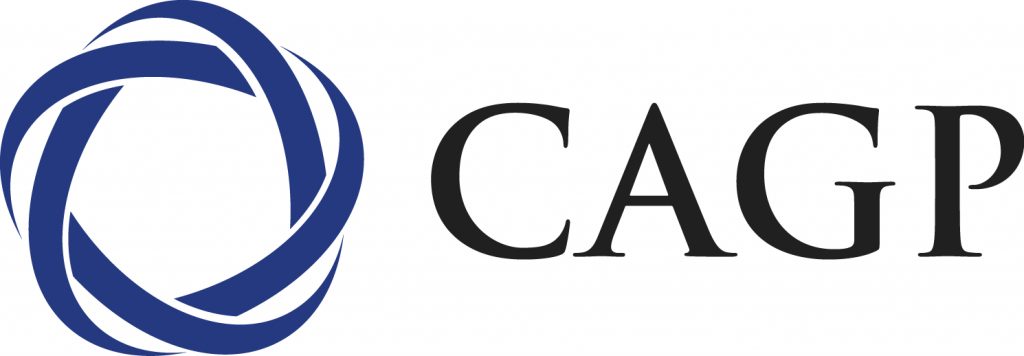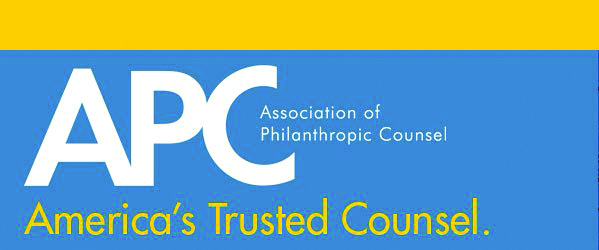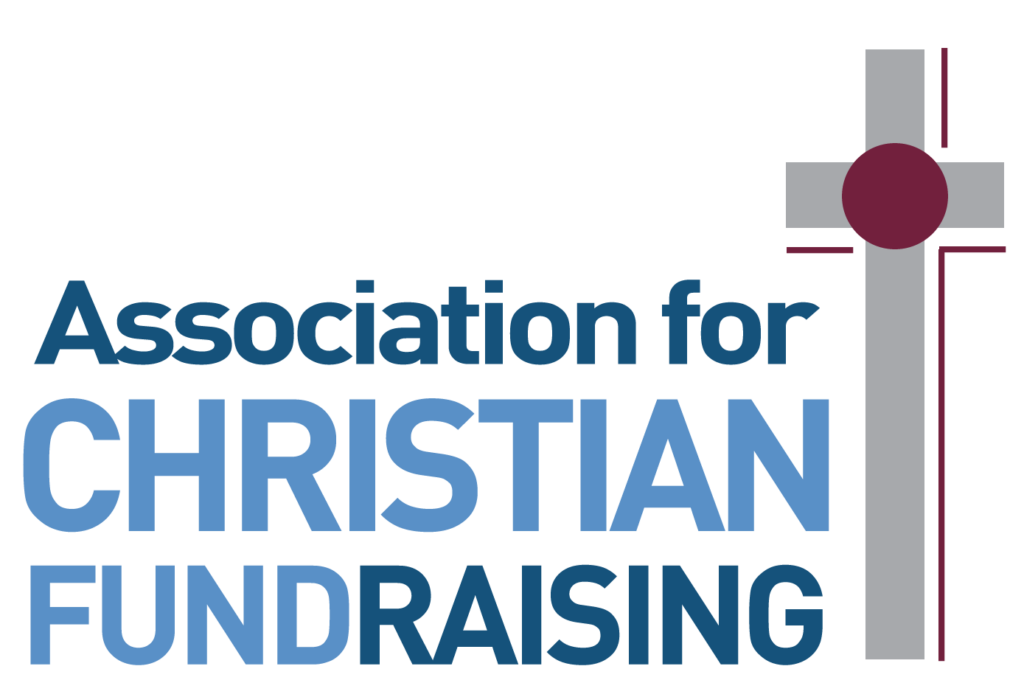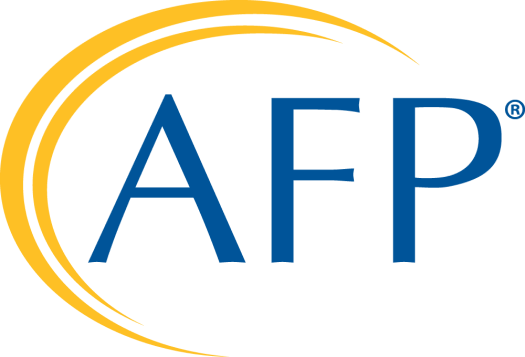Forty years ago, on October 3, 1981, at sites in Chicago, Los Angeles, and New York, a total of 166 individuals took the first CFRE exam.
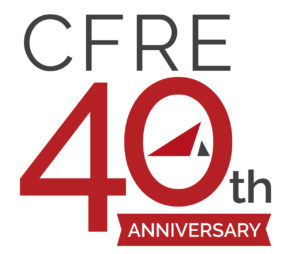 Since that first administration, the CFRE certification program has grown to include more than 7,500 CFREs in 26 countries worldwide, and it is recognized by national accreditation bodies around the globe as the only internationally available, accredited certification for fundraising professionals.
Since that first administration, the CFRE certification program has grown to include more than 7,500 CFREs in 26 countries worldwide, and it is recognized by national accreditation bodies around the globe as the only internationally available, accredited certification for fundraising professionals.
How did the CFRE certification program grow over the years? And how has it become central to professional identity within the fundraising? That is a story that extends for more than four decades and chronicles the growth of fundraising as a profession.
How the fundraising profession got its modern start
While the practice of raising funds for charitable causes has existed throughout history, the fundraising profession as we know it—that is, where individuals earn their primary livelihoods as paid fundraising professionals—really didn’t begin until the genesis of mass philanthropy around the time of the First World War.
Astonishing efforts, such as the American Red Cross’ success in raising more than $100,000,000 on the eve of the United States’ entry into the first World War, required dedicated experts capable of structuring, organizing, and managing massive fundraising campaigns. These individuals were the forerunners of today’s modern fundraising professional.
The formation of a fundraising association
Nearly 20 years later the first association for fundraising professionals in the United States, the American Association of Fundraising Council (now The Giving Institute), was formed. Limited to consultants at major firms, AAFRC served various functions, including education for members, research into contemporary trends in philanthropy, and so on.
One of its most important functions for the trajectory of the profession was its efforts to set baseline standards of practice for the fundraising profession. AAFRC drew up standards for its membership that included having a minimum of 10years of experience as a fundraising professional, a record of successful work, satisfactory references, and fee-based work.
However, there were no criteria in place for assessing a fundraising professional’s actual knowledge of the field. Presumably, it was assumed an individual who worked for a major fundraising firm and met the membership criteria would naturally have the expected knowledge.
Two organizations join forces
It wasn’t until 1960 that attention turned to individual fundraising professionals—as opposed to those belonging to the large fundraising firms that constituted AAFRC. That year, the National Society of Fundraising Executives (now the Association of Fundraising professionals) was founded. NSFRE shared with AAFRC the goals of increasing the prestige of the fundraising profession and increasing understanding of the function of fundraising in society. But there was still much to put in place before a certification for fundraising professionals could be established, including the creation of a code of ethical standards for fundraising professionals (adopted circa 1965) and the growth of professional development opportunities and trainings, which, along with burgeoning membership, was a source of focus for NSFRE in the late 1960s and 1970s.
By the late 1970s, the time was right for NSFRE to consider the creation of a certification for fundraising professionals. In addition to providing assurance to the public and institutions that fundraising professionals possessed competence and the ability to provide a high quality of service, a certification program was also seen as desirable because of the certainty that growing governmental regulation of charitable solicitation required some robust self-regulation efforts, such as certification, to be put in place.
In 1977, Lyle E. Cook (a member of NSFRE’s Northern California Chapter and a founder of The Fund Raising School) became chair of NSFRE’s Ad Hoc Committee on Certification. This national committee spent the ensuing four years developing the structures and standards which would guide what would become the Certified Fund Raising Executive (CFRE) certification program.
Based on best practices in certification, the CFRE certification program sought to, in Cook’s words, establish “standards which can be applied in judging the competence and performance of fund raising executives.”
The first CFRE exam
Since the first administration of the CFRE examination in 1981, the CFRE certification program has evolved with the times while staying true to its roots. In 1997, the NSFRE and the Association of Healthcare Philanthropy (AHP) merged their certification programs to form the independent CFRE Professional Certification Board. This Board, in turn, became CFRE International, which was incorporated as an independent certification body in 2001.
Since those early years, CFRE International and the CFRE certification program have grown to hold a unique role in the fundraising profession. CFRE International now has more than 25 Participating Organizations around the globe, which include national fundraising associations as well as national and international nonprofit organizations.
 CFRE today
CFRE today
The CFRE certification program is acknowledged as an exemplar of best practices in certification through its accreditation by the American National Standards Institutes’ National Accreditation Board (ANAB) and formally recognized for meeting international standards for certification of persons by national accreditation bodies worldwide.
But at the heart of CFRE International and the CFRE certification program are the more than 7,500 CFREs who hold their CFRE certification and take pride in their accomplishments as fundraising professionals. Their numbers increase every year as the fundraising profession continues to mature and grow—and as fundraising professionals continue to work in their role to uplift philanthropy and generosity to support the transformational change that is necessary to create a better world.
On this 40th anniversary of CFRE certification, we wish to thank all CFREs, past and present, for upholding confidence, ethics, and professionalism in fundraising.
